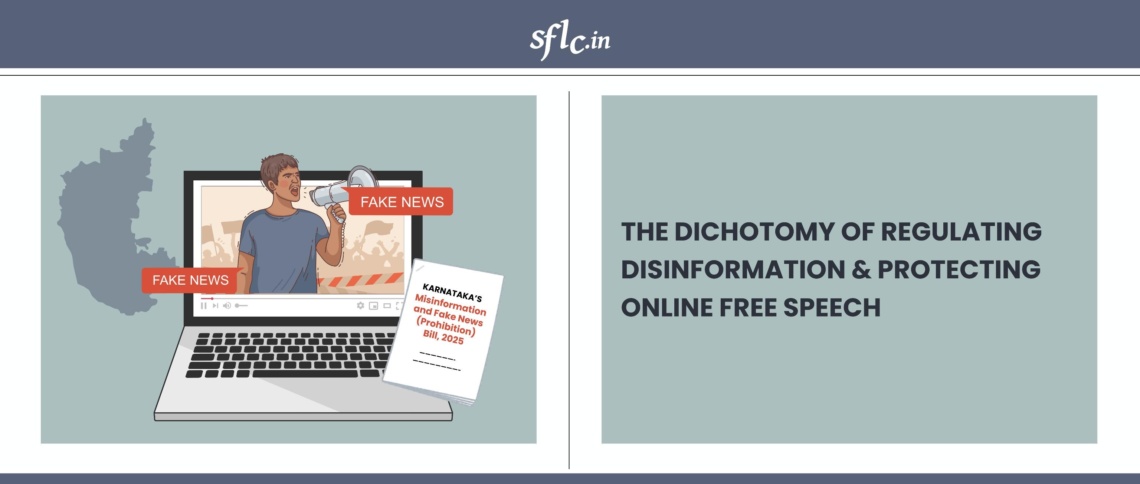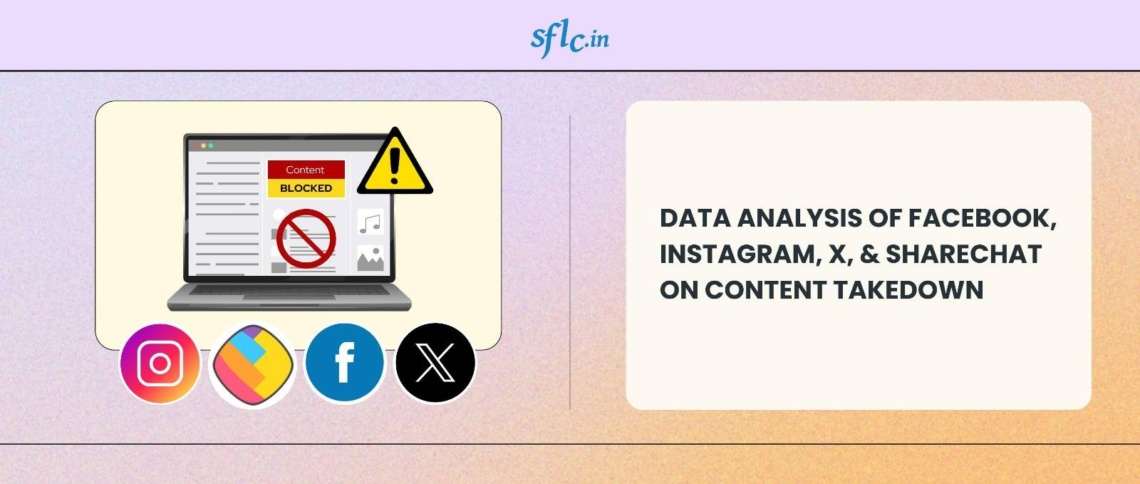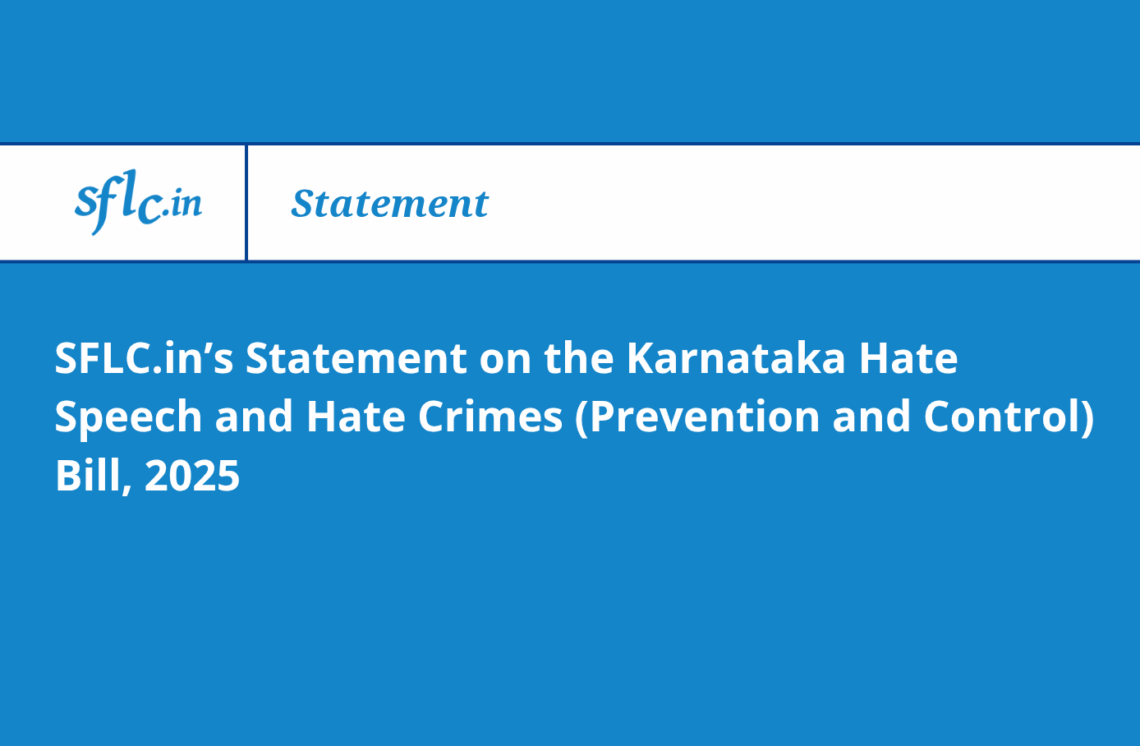The Caravan magazine issued a press release yesterday on the defamation suit filed by Indian Institute of Planning & Management(IIPM) against it for publishing a cover story on Arindam Chaudhury, Director of IIPM, in the February 2011 issue. The suit is filed against the magazine, Siddhartha Deb, the author of the story, Google and Penguin, the publisher of the forthcoming book, from which the article is extracted.
The magazine had to remove the article from its web site as an injunction order was passed by the Civil Court in Silchar, Assam restraining the magazine from maintaining the article in their website. The case is interesting, particularly in view of the article by Arindam Chaudhuri in “the Sunday Indian” titled “Internet Hooliganism”, in which he welcomes the new Information Technology (Intermediaries guidelines) Rules, 2011 notified by the Government as it seeks to control the intermediaries and blogs. The author says “...it is not just bloggers with malicious intent, who will get dragged to the table of interrogation. Even intermediaries like all search engines and websites (which would include Google, Wikipedia, or even online payment & auction sites, social networking sites and hosted blogs), Telecom and Internet Service Providers (ISPs) and even cyber cafes, will be held liable for all harm caused to the party – individual or a body of individuals – which has lodged a complaint…“
In the Caravan case, IIPM had to approach a Court and obtain an injunction to get the article taken off from the website. The new IT rules make it so much easier for any person to get any content, which is not in his interest, to be removed from the web. The intermediary, who could be a hosting provider, a blog platform, a social networking site or an ISP will have to remove the content within 36 hours of receiving a complaint from any person regarding content posted online. In the current case, IIPM could have approached the hosting provider to get the content removed. This could soon become a censorship mechanism by which anybody who is not happy with a report on corruption, malpractice or a business fraud reported in any online magazine or blog or even a forum, could soon get it removed by filing a complaint with the intermediary. The user who posted the content does not have a remedy to get the content restored, and this makes the rules biased against the content creator. The provision for removal of content without the involvement of any judicial process has strong possibility of misuse and could severely affect the freedom of speech and expression of citizens in online media.
The quote attributed to Voltaire – “I detest what you write, but I would give my life to make it possible for you to continue to write” – encapsulates the spirit of democracy and freedom of speech. Freedom of speech and expression as well as the freedom of press are the basic foundations of a democracy and as India experienced during the period of emergency, curtailment of this freedom, could have grave consequences for a democracy. Posting of defamatory content or any unlawful matter online cannot be allowed, but at the same time, whether an act is unlawful or not has to be decided by a court of law and cannot be decided by an intermediary. Censorship of content, in any form, does not augur well for a democracy, and has to be resisted, especially when carried out by non-state actors.



